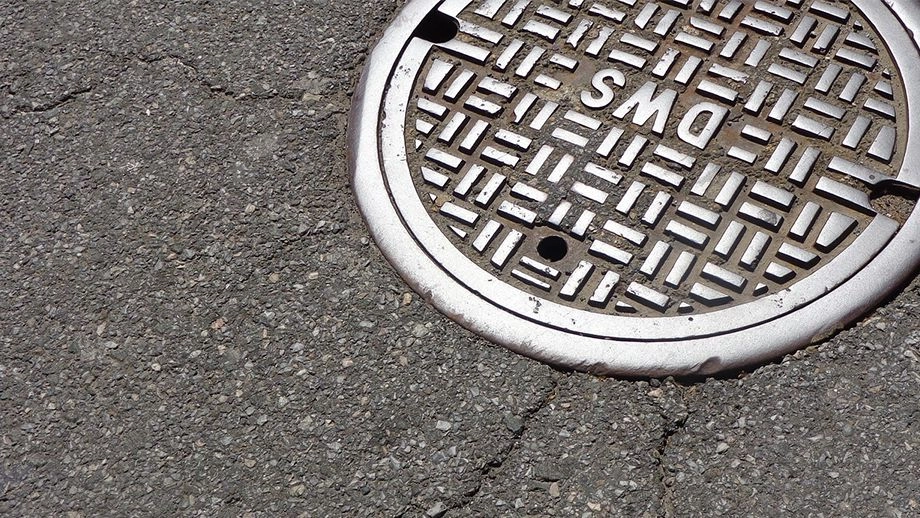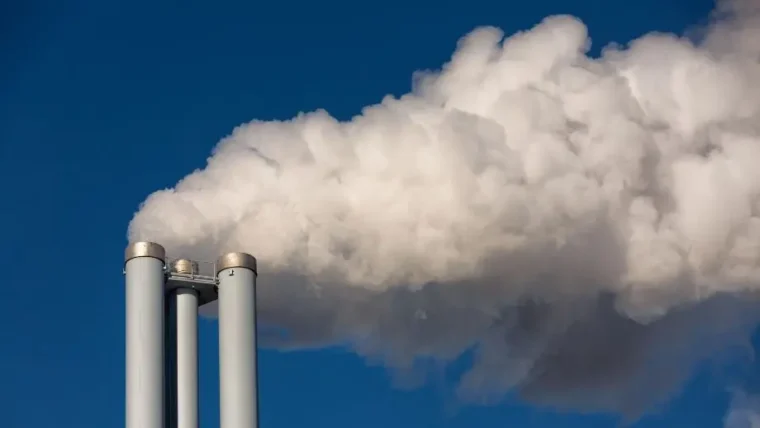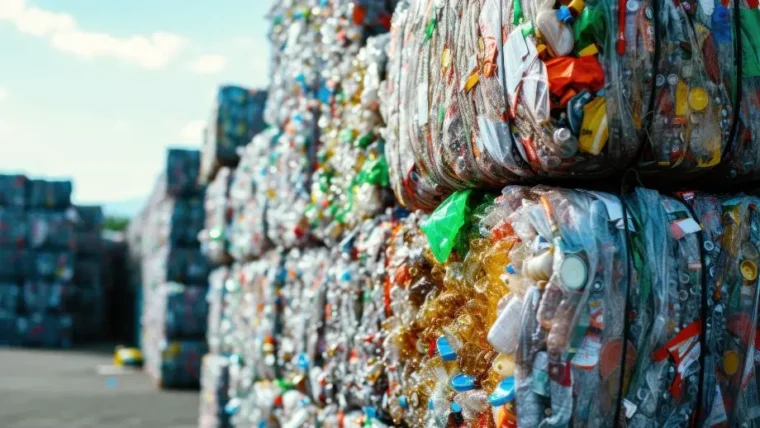
Sewer flooding is most people’s worst nightmare. Sewage in homes, gardens and on the street is an inconvenience at best and can cause significant damage to properties and belongings at worst. A lot of this flooding is caused by sewer blockages and there are over 200,000 reported blockages in the UK every year (Water UK). These blockages have a number of negative social, financial and environmental impacts, for example polluting water courses. They can cause flooding, reduce the life of drainage systems, increase maintenance costs and can cause environmental damage to watercourses.
But how do sewers become blocked in the first place? There are a number of “inappropriate” items that regularly get introduced to the sewer system by the public that can cause issues. Solid wastes like sanitary products, nappies and wet wipes cause significant problems as they don’t break down and dissolve when introduced to water like toilet paper does. Even so called ‘flushable’ wet wipes can cause problems as they don’t break down as readily as would be ideal. Fats oils and greases are another waste type that should never be disposed of via sinks or drains. When hot and in liquid form, they are easily poured down the sink, but once there, they cool and solidify. These fats, oils and greases accumulate within the sewer and act as a potential trap for all the other household waste. Thames Water alone remove 16,000 tonnes of inappropriate matter every year from the sewers across its region (Water Briefing). In fact, they recently removed a 10-tonne fatberg that measured 40 metres long, from one of London’s sewers after it caused £400,000 worth of damage by collapsing the sewer pipes (The Guardian). Blockages can occur at any point in the sewer system, so those affected are not necessarily those that are causing the problem.
Dealing with these sewer blockages costs water utilities a lot of trouble and a lot of money and they tackle it in a number of ways. Prevention is the ideal solution. Approximately three quarters of sewer blockages are caused by people using the sewer system to dispose of inappropriate wastes so educating the public is key. Explaining to their customers what can and can’t be flushed down toilets and put down drains is important to change behaviour and try to reduce blocked sewers. In fact, many people don’t know that it is actually illegal to dispose of anything that can cause a blockage down the toilet and persistent offenders can be prosecuted.
Water companies proactively clean sewers to help prevent blockages that cause problems. However, this is very expensive. It is often difficult to identify the sewers that are going to cause a problem and teams have to be sent with jetting equipment and hand tools to try and remove fatbergs and sediment. Failing that, water companies have to react to reported blockages. This reactive response can mean that their customers have already been inconvenienced and have sewage in their homes. It costs a lot of money to clear sewers that have been blocked and to try and keep other drainage pipes clear from blockages. It costs Thames Water over £10 million a year to send teams out to deal with sewer problems caused solely by blockages (The Guardian).
Figures show that the problem is getting worse. It is important that you think about what you are disposing of to sewers to try and prevent blockages from happening. If a blockage occurs in a pipe under private property or gardens, property owners, not the water authority, foot the responsibility and the cost of getting a private company to clear the blockage. For water authorities, a method of detecting blockages as soon as they develop and before they cause flooding would be the key to reducing disruption, damage, pollution and the associated financial costs.









